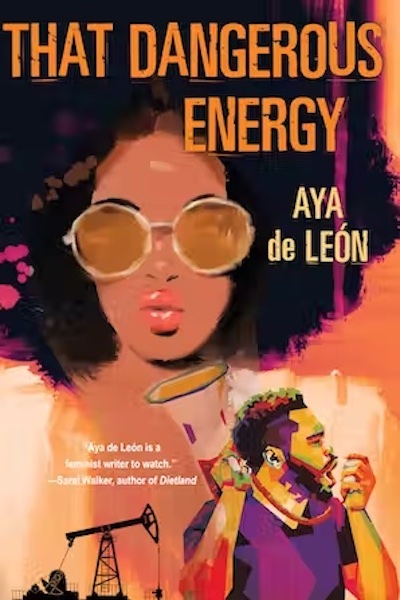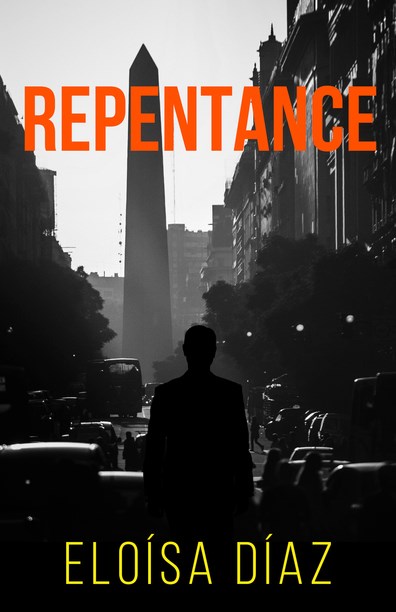This novel should come with a warning label: start this book at your own risk. It’s that suspenseful, that seductive. We meet our hero, Morgan Faraday, running through the NYC subway to escape from Sebastian, her ex-fiancé, and two armed rent-a-cops. How does love go so wrong? We then jump to ten months ago for the backstory that answers this question. Morgan—who identifies as Black, she has North African heritage via Moorish Spain, but is often assumed to be white—escaped from a poor Pennsylvania town for NYC and art school. A textile artist, she’s struggling when she meets billionaire Sebastian Reid, the CEO of one of the world’s largest energy companies. The answer to all of Morgan’s problems? Perhaps, but sleeping with a man you don’t love and barely find attractive is still work, and even with best friend Dashawna’s how-to-marry-a-millionaire advice, Morgan remains conflicted. Marrying white men for financial security, while necessary, was never a good decision for the women in her family. Worse, once she moves in with Sebastian, she discovers that his claim that his company is going green is just a façade, and he’s still responsible for several ecological disasters, with communities of color the most adversely affected. Encouraged by an oh-so-hunky environmental activist, Morgan begins to spy on Sebastian, recording his calls and filming his meetings. It’s incredibly anxiety-producing, and readers will be madly racing to the book’s surprising conclusion. Social commentary, feminism, racism, family history, courtroom drama, plenty of suspense, and a very hot love affair all come together for one powerful read.
Hispanic & Latino
It’s 1981 and Inspector Joaquín Alzada has one goal: to keep his head down and avoid trouble. Not so easy when you are a cop in Buenos Aires during a period of extreme political turmoil, with Las Madres de la Plaza de Mayo bearing daily witness to the thousands of citizens who have been made disappeared. But when his activist brother Jorge is among the missing, Joaquín has no choice but to use his political chips and try to save his brother. Flip to twenty years later, when Argentina is facing a serious economic crisis, with middle-class citizens going hungry and taking to the streets. Again, Joaquín’s reaction is to lie low—he’s close to retirement, after all—but circumstances won’t allow it. For one thing, the body of a woman is found, dumped near the morgue, while at the same time one of Buenos Aires’s wealthiest women has gone missing. Are they a match? Then, the twenty-something son of Jorge—raised by Joaquín and his wife—joins the protestors. Repentance isn’t so much crime fiction as it is fiction embedded in crime, and Díaz skillfully uses Joaquín’s inner voice—poignant, dryly witty, anxious—to move the narrative along. A powerful first novel that brilliantly illuminates a country, a historical period, and an individual.


